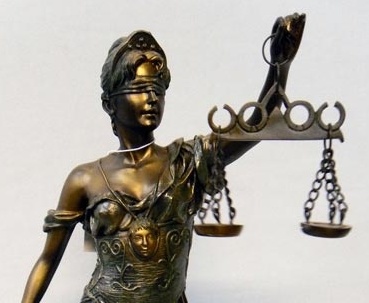The Committee to Protect Freedom of Expression, with the support from the Fridriech Ebert Foundation, conducted monitoring of election programs of nine political parties and alliances participating in the parliamentary election on April 2, 2017. The goal of the study was to find out what the portion is in those documents that relate to the economic and social problems of the country, and what solutions they offer. As subject of monitoring, the sections relating to those topics have been separated from the general text and have been subjected to quantitative and qualitative analysis.
According to the methodology of the monitoring, the economic issues have been divided into the following three categories:
- Economics: industry/agriculture/tourism/IT sector, etc. (current policy and the present situation),
- RA economic strategy (vision),
- Foreign economic relations (EAEU/Russia, EU, Georgia, Iran).
The social topics have been divided in the following four categories:
- employment/unemployment,
- labor rights,
- healthcare,
- pension system/social benefits/return of deposits/assistance to the vulnerable groups.
When doing quantitative analysis, the monitoring group has revealed how much of the text was dedicated to the economic and social topics in each election program. The general text and the respective separate sections have been measured by the number of characters, which have been converted into pages (1800 characters = 1 page), as well as into percents, to introduce their difference in a more pronounced way.
The qualitative analysis of the tackled social and economic topics was conducted by the monitoring group, based on the following standards:
- overall assessment of the present situation,
- revealed problems,
- availability of recommendations and their contents.
Apart from the study of sections relating to the social and economic problems, during the monitoring all the other topics have also been noted, that each political power referred to in their election program. However, according to the methodology, those topics have not been analyzed and are introduced in a listed form.
In the tables reflecting the quantitative data of the monitoring, as well as in the section relating to the contents of the program, we have aligned the sequence of political powers with the list published by the Central Electoral Commission on February 17 of this year, namely: “Yelk” alliance of parties, “Free Democrats” party, “Armenian Revival” party, “Tsarukyan” alliance of parties, “Congress-APP” alliance of parties, Republican Party of Armenia, Armenian Communist Party, “Ohanyan-Raffi-Oskanyan” alliance of parties, “Armenian Revolutionary Federation-Dashnaktsutyun” party.











